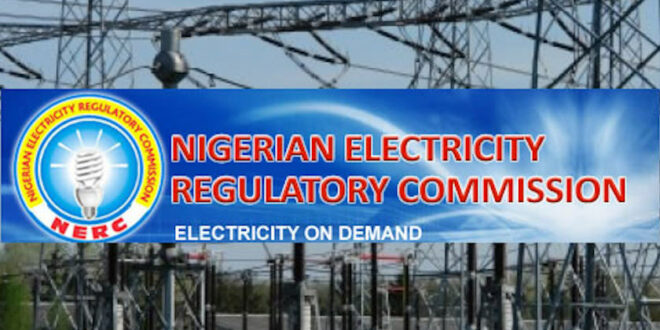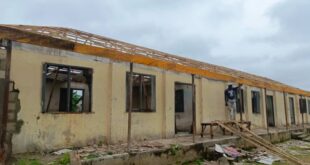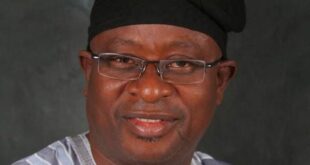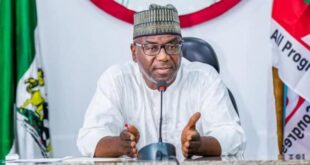Towards decentralizing Nigeria’s electricity market, the Nigerian Electricity Regulatory Commission (NERC) has approved the establishment of state electricity regulatory bodies in both Ekiti and Ondo states.
This decision is in compliance with the amended Constitution of the Federal Republic of Nigeria (CFRN) and the Electricity Act 2023, as amended by President Bola Tinubu.
The Electricity Act 2023, which was assented to by President Muhammadu Buhari in March 2023, grants legislative autonomy to federating states in Nigeria, allowing them to legislate on the generation, transmission, and distribution of electricity within their jurisdictions.
This development marks a significant shift from the previously centralized electricity market, opening up opportunities for state-led electricity regulatory bodies.
Ekiti State has become the second state to establish its own electricity regulatory body, following the example of Enugu State.
The new regulatory body, known as the Ekiti State Electricity Regulatory Bureau (EERB), will assume responsibilities for intrastate supply and distribution of electricity in the state.
The Nigerian Electricity Regulatory Commission (NERC) has directed the Benin Electricity Distribution Company (BEDC) to incorporate a subsidiary to manage intrastate electricity operations in Ekiti State.
Similarly, NERC has announced the impending transfer of regulatory oversight of the electricity market in Ondo State to the Ondo State Electricity Regulatory Bureau (OSERB).
BEDC is also required to incorporate a subsidiary to manage intrastate supply and distribution of electricity in Ondo State.
NERC’s transfer order includes several provisions to ensure a smooth transition to state-led electricity regulation, including the incorporation of subsidiaries by the Benin and Ibadan Electricity Distribution Companies to manage intrastate supply and distribution of electricity in the respective states.
Cross-border transactions involving the national grid will still be subject to the approval of the NERC, in accordance with the constitution and the Electricity Act.
This new era in Nigeria’s power sector is expected to bring about improved electricity supply and distribution, as states take on greater responsibility for managing their electricity markets.
The EERB and OSERB will have the exclusive responsibility of determining and adopting end-user tariff methodologies applicable within their areas of regulatory oversight.
This move towards decentralization is a significant step in Nigeria’s journey towards a more efficient and reliable electricity system, empowering states to take charge of their electricity markets and potentially leading to improved power supply for millions of Nigerians.
Subscribe to the Advocate News letter and receive news updates daily in your inbox.
 Advocate.ng Latest news update on politics, entertainment, sport and more
Advocate.ng Latest news update on politics, entertainment, sport and more




